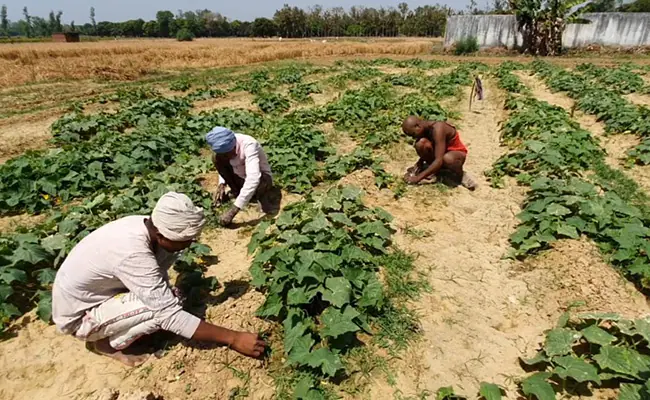Chhattisgarh NEWS : In a pioneering move, a district’s strategic transition from summer paddy cultivation to pulses and oilseeds has not only conserved valuable water resources but also generated an impressive profit of ₹2,641 crore for farmers.
Parastarai village in Chhattisgarh’s Dhamtari district, once plagued by acute water shortages, has now emerged as a model of agricultural transformation. Village elders recall a time when even after digging wells up to 200 feet, water remained scarce, and the high electricity costs for irrigation made farming unsustainable. Despite these hardships, paddy farming was deeply ingrained in their identity and livelihood, making the idea of switching to other crops seem unthinkable.
However, a progressive initiative by the district administration gradually changed this perspective. Farmers were encouraged to adopt less water-intensive crops such as pulses and oilseeds instead of paddy. As a result, paddy cultivation in the district declined by 6,283 hectares, leading to an estimated water savings of 7,500 crore litres.
Educational camps played a crucial role in this shift, with 28,000 farmers from 265 villages participating in sessions led by agricultural experts, officials, and students from agriculture and livelihood colleges. These camps highlighted the importance of water conservation and promoted crops like gram, sunflower, mustard, linseed, and sesame, which require significantly less water.
What started as a small initiative in Parastarai quickly gained traction across Dhamtari district. Today, farmers in 494 out of 653 villages have transitioned to growing pulses and oilseeds instead of paddy. This shift has resulted in an outstanding profit of ₹2,641 crore while also boosting groundwater levels. Additionally, the reduced reliance on water-intensive crops has significantly lowered electricity consumption, cutting farmers’ costs and making agriculture more sustainable.
The environmental and financial benefits of this transformation are evident. While paddy cultivation demands 1.2 crore litres of water per hectare over 120 days, pulses and oilseeds require only 40 lakh litres over 80 days for the same area. This change has saved approximately 7,500 crore litres of water, aiding groundwater replenishment.
Experts note that the shift in cropping patterns has also led to a substantial reduction in electricity usage. With less reliance on paddy, which requires extensive irrigation, about 151 crore units of electricity have been conserved, amounting to savings worth approximately ₹754 crore.

